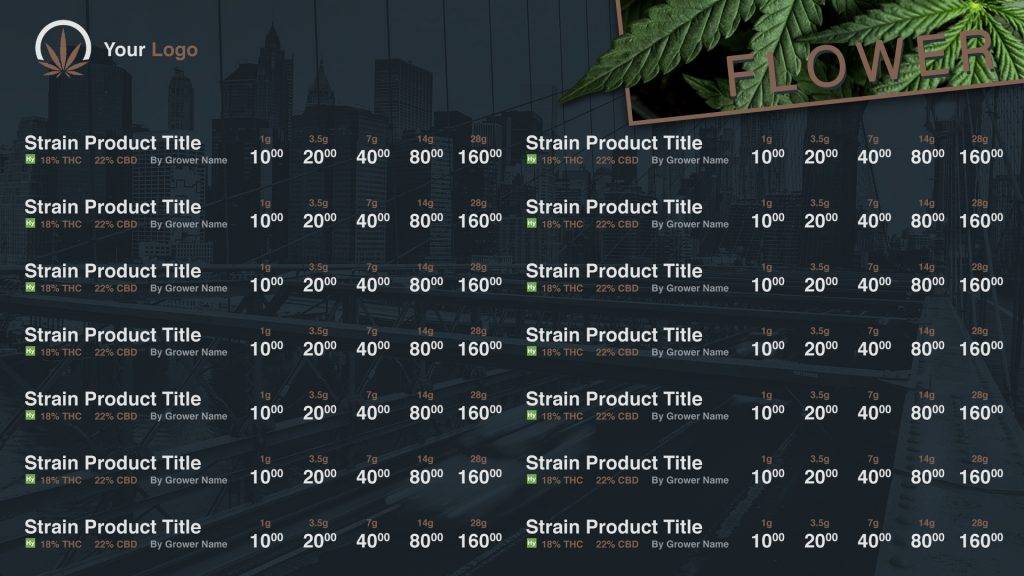
#Good lie when spent money on weed full
Alcohol and other excise taxes brought in $1.35 billion to the federal government in 1934, the first full year following the end of prohibition, compared to just $420 million from income taxes. While repealing prohibition alone did not end the Great Depression, it provided a substantial portion of the money needed for critical New Deal projects that put millions of Americans to work during the bleakest of economic times. Even in a time of economic downturn unprecedented since the Great Depression, cannabis sales remain robust in states where they are legal. April cannabis sales in Illinois, the first full month of sales under the state’s stay-at-home order, eclipsed $37 million, making it the second highest month of sales since the state program began in January. In Oregon cannabis consumers bought $89 million in legal cannabis, a 45% increase over the same month in 2019. States across the country have reported similar sales increases.Īs the country emerged from alcohol prohibition, these kinds of increases in tax revenue and employment did in fact come to pass.

At a time when Americans need jobs in record numbers and governments need new sources of tax revenue, continuing the country’s 70+ year experiment of cannabis prohibition, when two thirds of Americans support its repeal, is simply economically reckless.Īccording to a recent study by New Frontier Data, national legalization in the United States could result in $128.8 billion in tax revenue, and an estimated 1.6 million new jobs. Indeed, the numbers from states with legal cannabis during this health and economic crisis back up these claims. Today, unemployment claims have reached record highs once again, with 36 million Americans having filed for unemployment benefits during the past two months of the Covid-19 crisis, a spike unmatched at any time since the country began tracking such figures shortly after WWII. While alcohol prohibition was enacted during the “Roaring 20’s,” a time of economic prosperity and largess, by the time the Great Depression hit, the mood of the country had shifted substantially in favor of repealing prohibition, fueled by arguments from anti-prohibition advocates that legalizing alcohol would provide much needed tax revenue and jobs to an ailing economy. It is estimated that the federal government alone forfeited $11 billion in alcohol related taxes during prohibition years, a number the government could hardly afford during a period of runaway unemployment and economic pain. And these numbers only scratch the surface for an industry that remains illegal federally and in nearly 80% of the states.


It’s no surprise that states across the country have looked to cannabis to help their ailing economies. The cannabis industry currently employs nearly 250,000 full time jobs, more than four times the number of coal industry workers in the country, and the same number of jobs estimated to have been lost by the ratification of the 18th Amendment that outlawed alcohol production and sales.


 0 kommentar(er)
0 kommentar(er)
